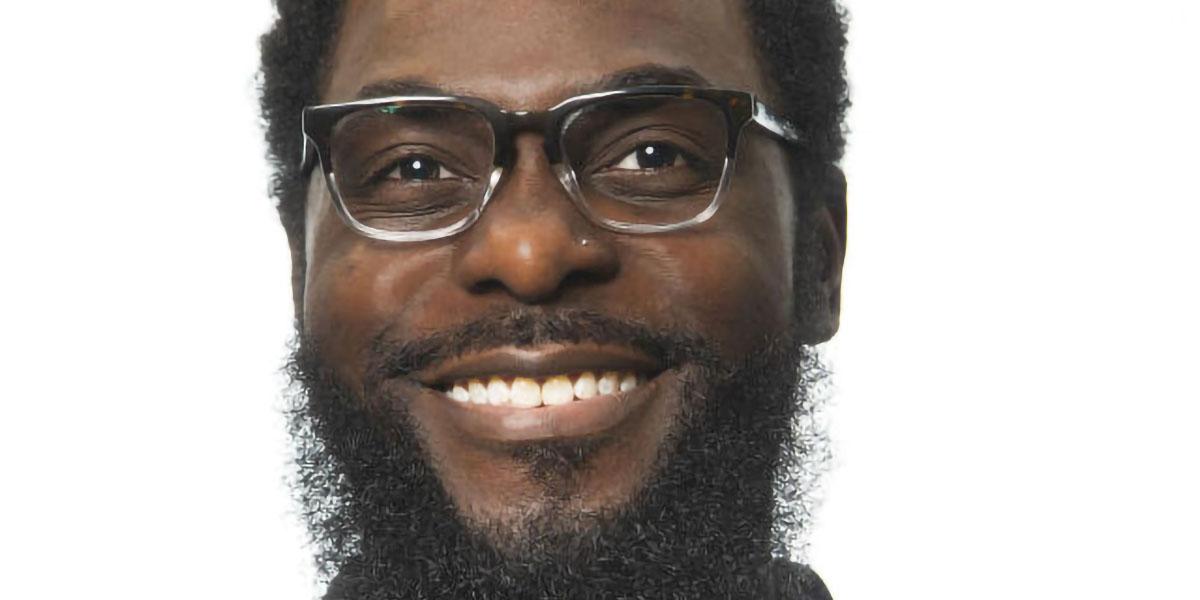Peter Oduwole is finally catching his breath.
The embedded therapist at ODI since 2019, Oduwole's practice was turned upside down by the COVID-19 pandemic and the subsequent mental health crisis that had students (and others in society) seeking new solutions.
After several years of stressed students packing his schedule, Oduwole said the return to normalcy in 2023 has brought him a more manageable caseload as well as time to apply the hard-earned lessons he learned during the pandemic.
Chief among them: His job isn't to solve mental health issues as much as it is to equip his clients with the tools to work it out themselves. "You don't go to therapy to fix your life," said the 31-year-old with a degree in clinical mental health counseling from the University of Dayton. "I think you go to understand, if something is broken, then what are your options for either strengthening things that are weak or fixing things that are broken. My job is to get you the tools to do that."
Lesson two: He can only help in limited ways, so many of the people he sees will eventually just figure it out on their own. "What has been surprising and humbling a little bit to see is how sophisticated the students are in figuring it out without having their hand held," he said. "I try to tell our staff this: We are helpers guiding them to make informed decisions. They can do it if we give them enough tools and support and encouragement."
As the world comes back to a more normal footing, Oduwole is seeing a return among his clients to coming of age questions of self-identity and how to navigate changing relationships among family and peers. And he's seeing the continued impact of social media on the mental health of society, including digital natives like the Gen Z generation of current students.
"Setting unreasonable expectations is absolutely playing a role in people's decline of their own self-assuredness," he said. "Social media is something that can bring us together, but it's not doing it well, and it's manifesting in poor mental health."
As Oduwole develops his plan for helping ODI-affiliated students in the coming academic year, he's bringing back his informal "Let's Talk" drop-in sessions as well as his more structured group sessions for male-identified students. And maybe – just maybe – sticking his own toe into the churning waters of social media on Instagram to let ODI students know he's available to help year-round in Hale Hall.
"I would love to remain invisible on social media – professionally anyway, but I'm thinking about new ways to create a culture of mental health that doesn't have to be me acting as the expert," he said. "It may be a good way to get people interested in participating in things that aren't so formal."
